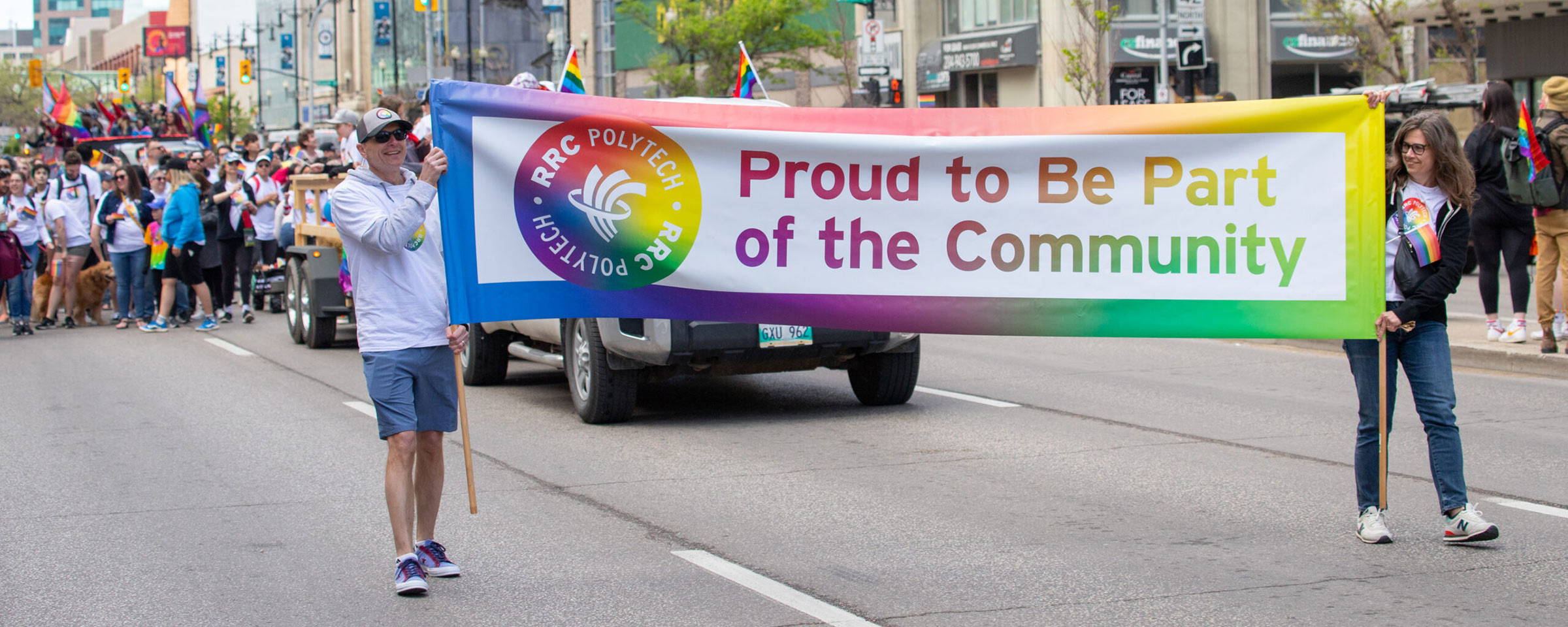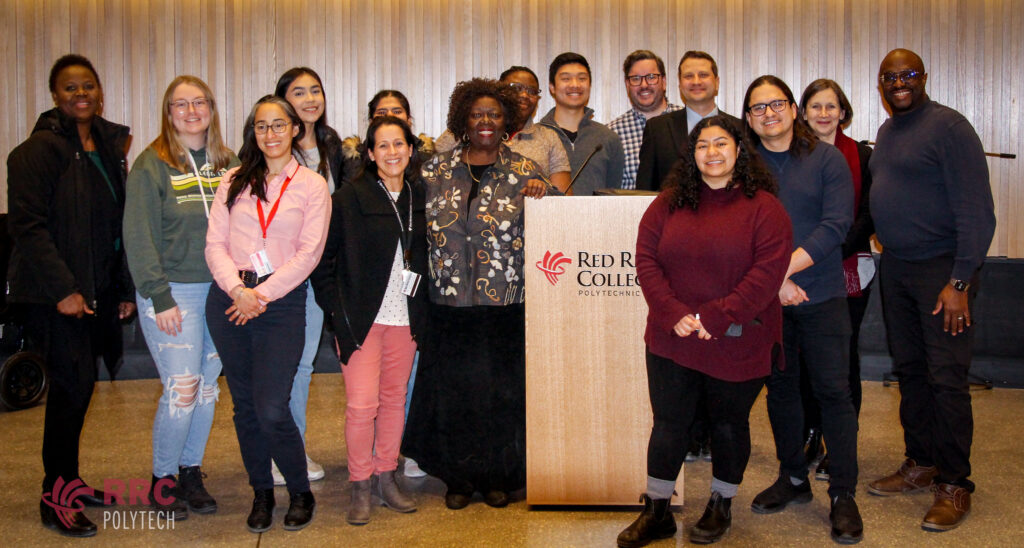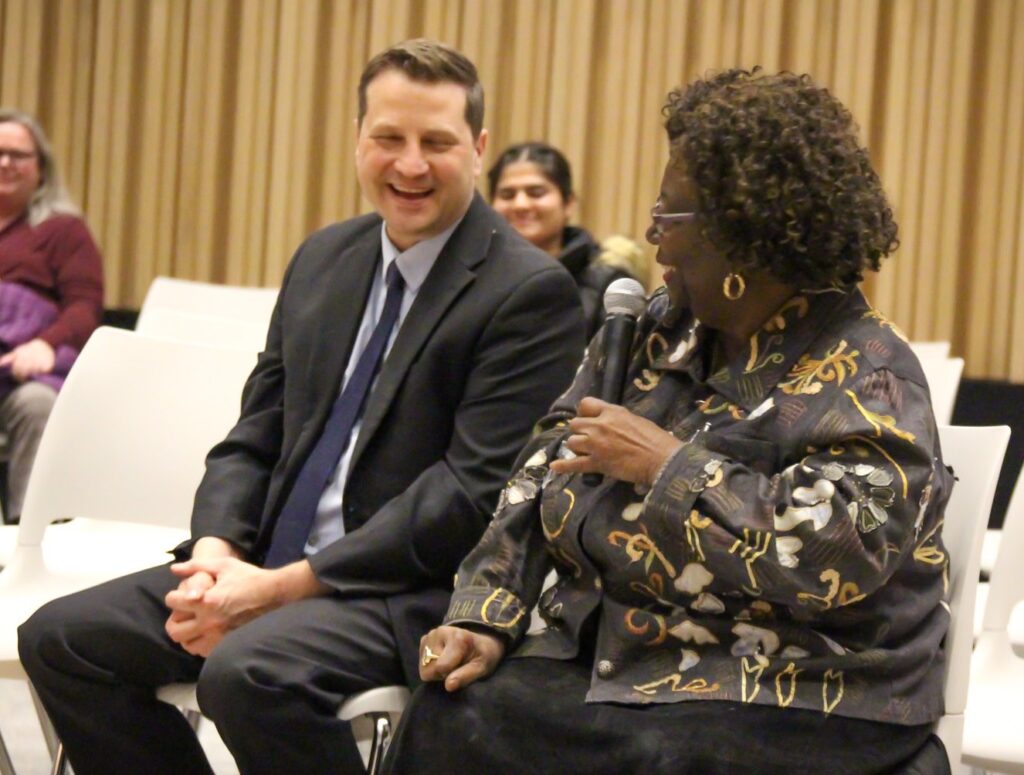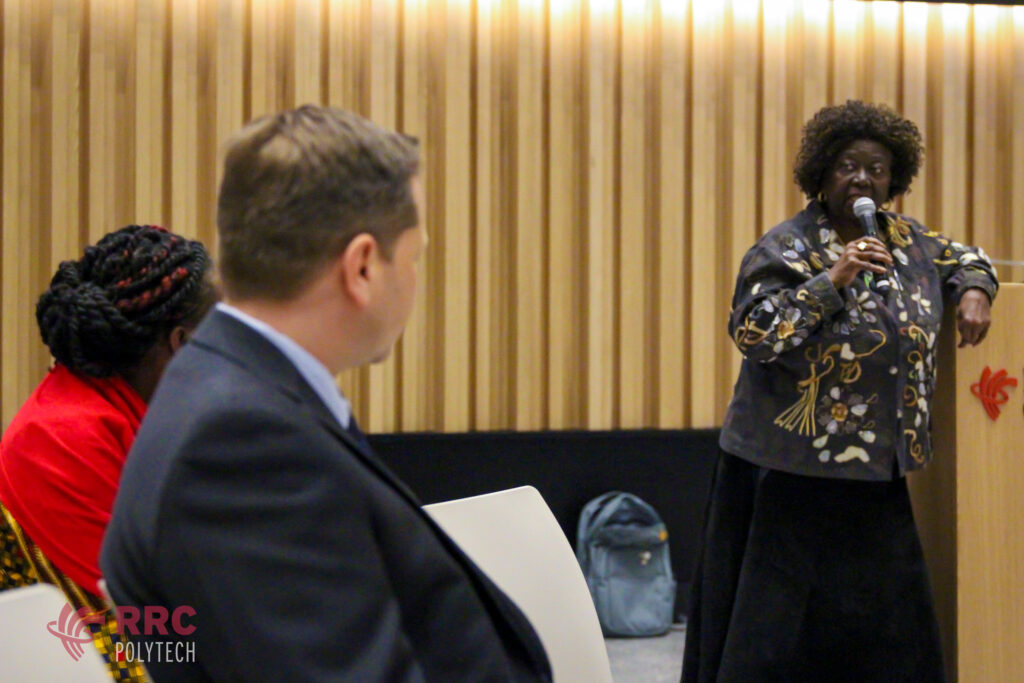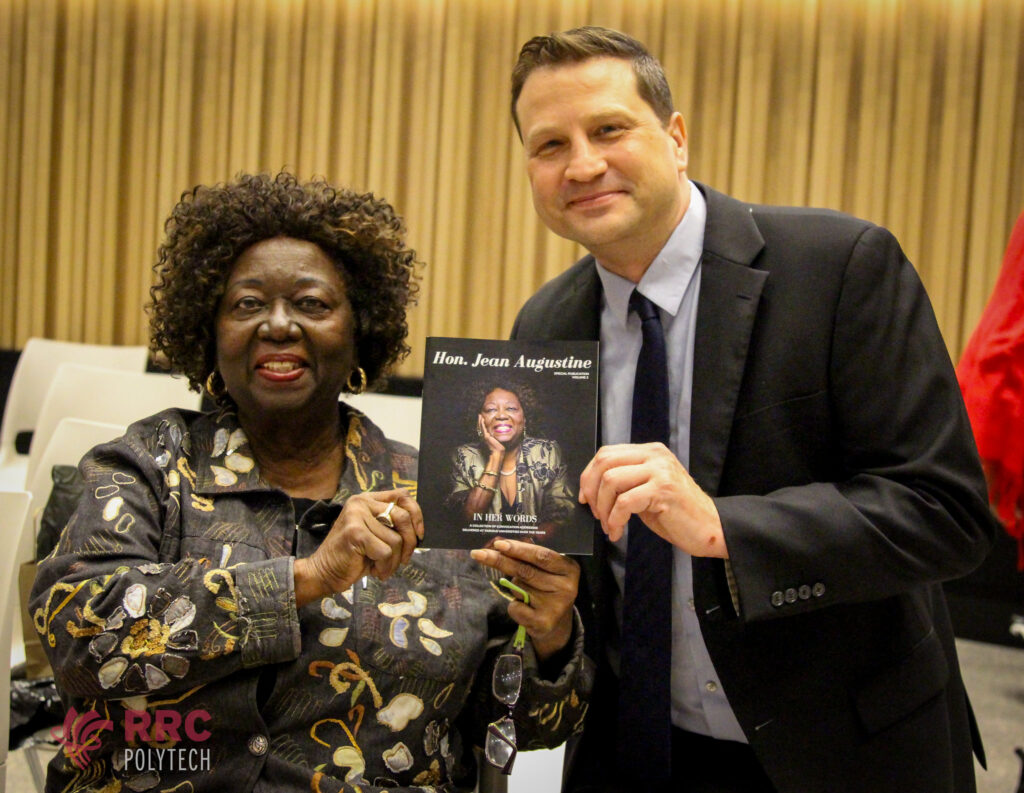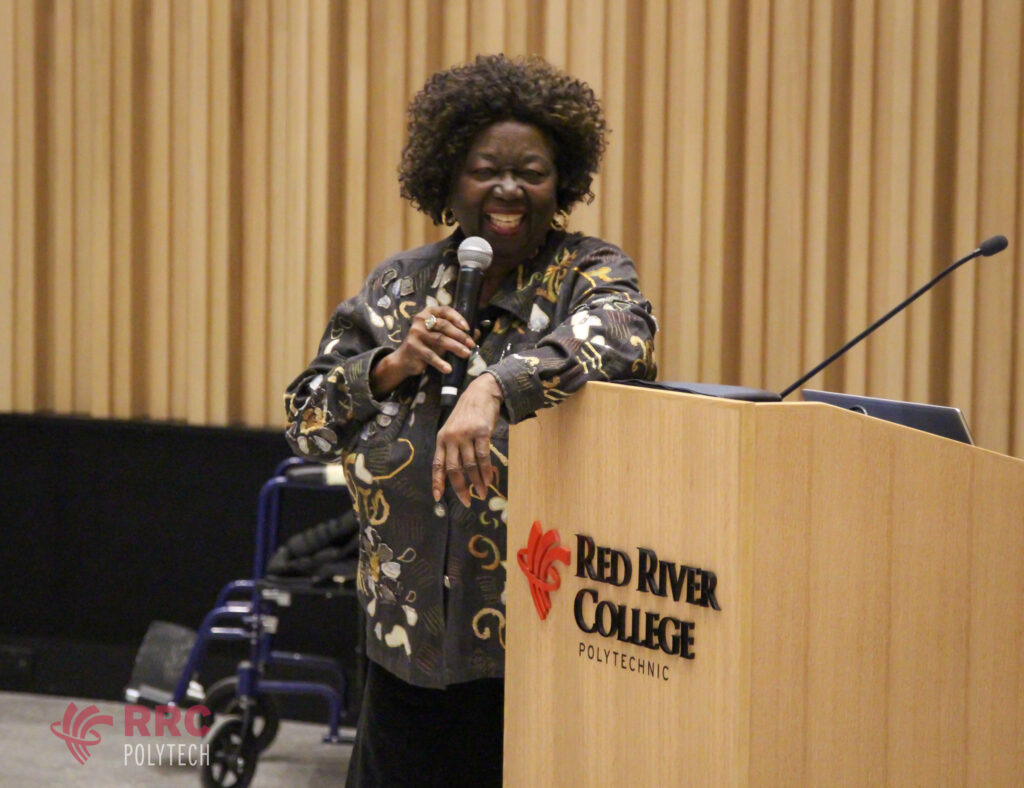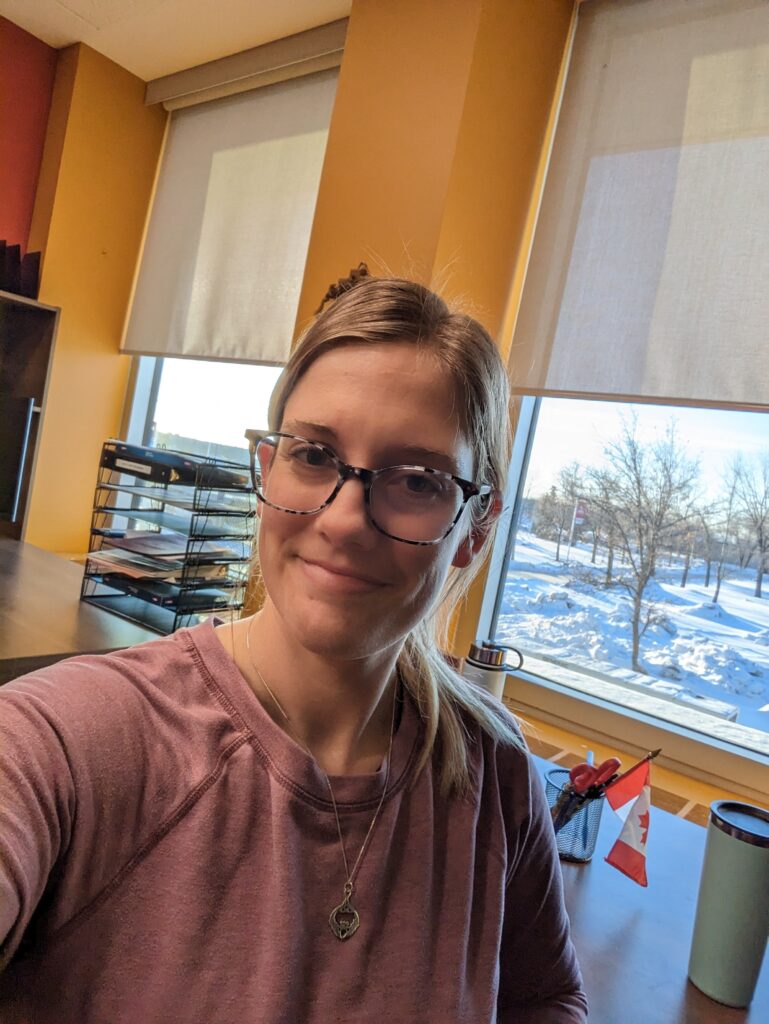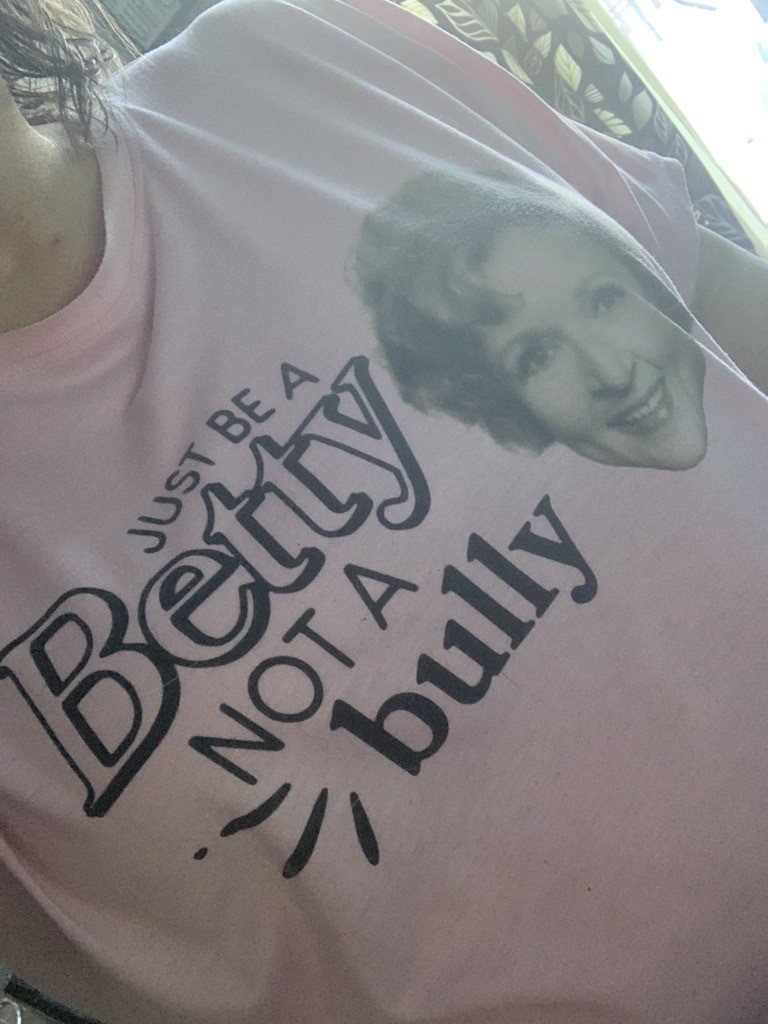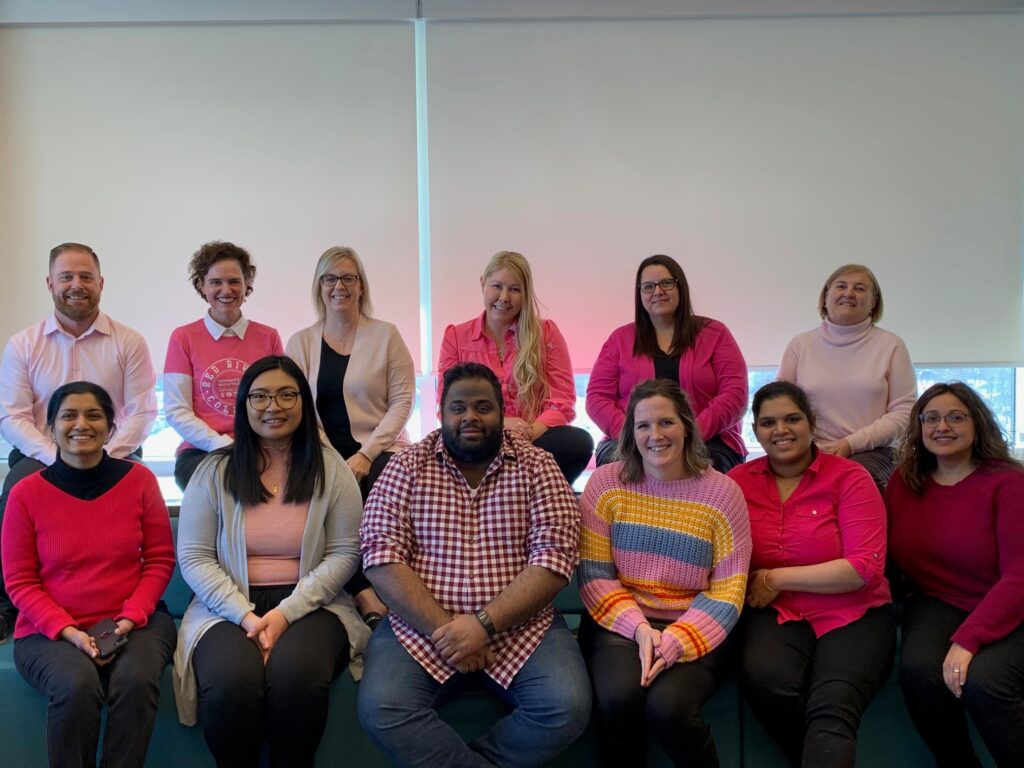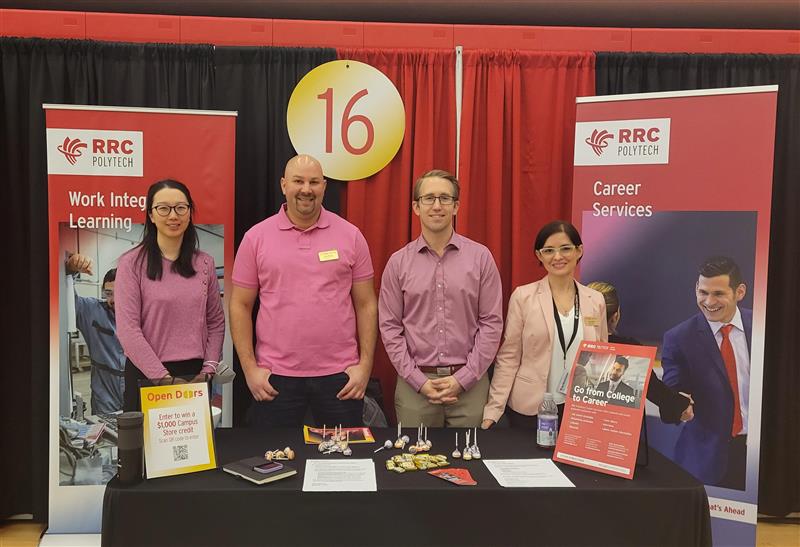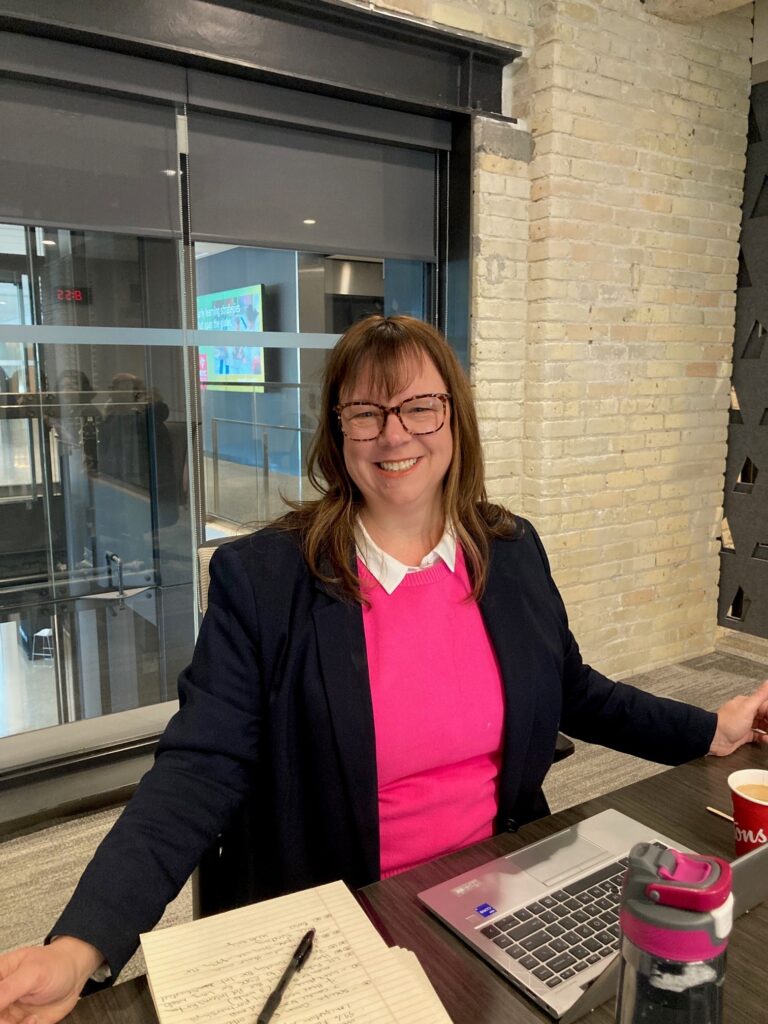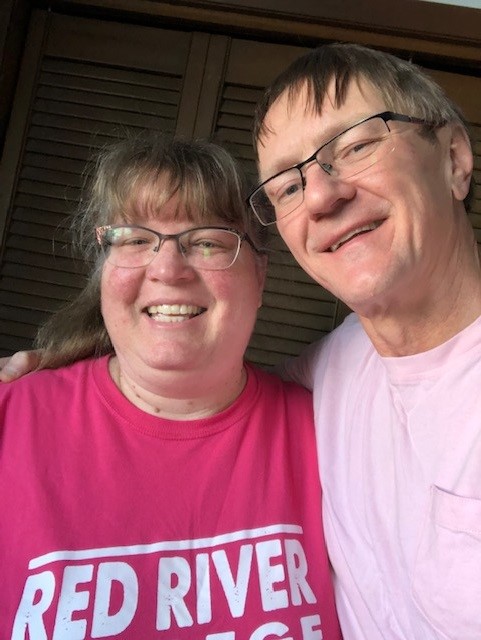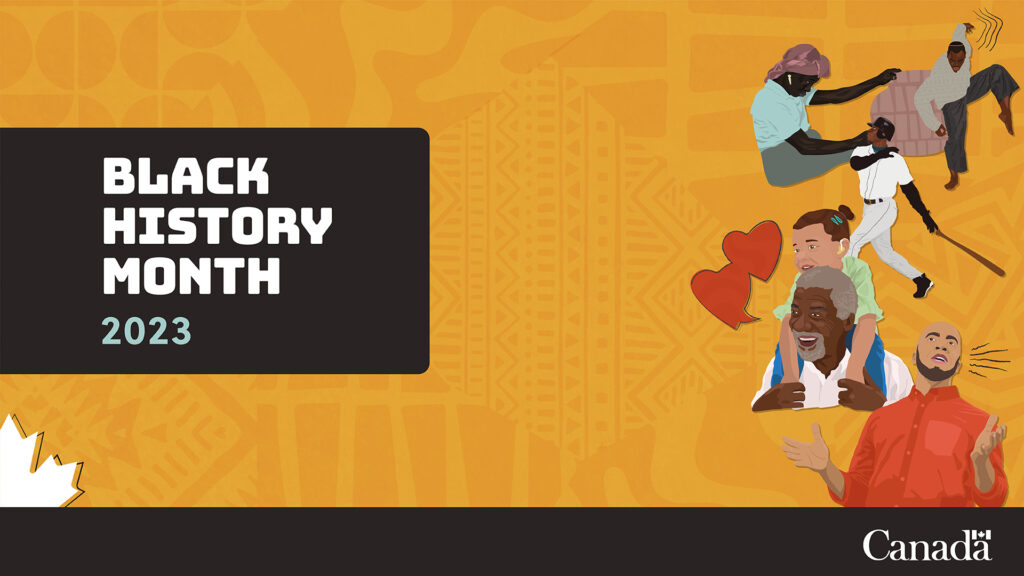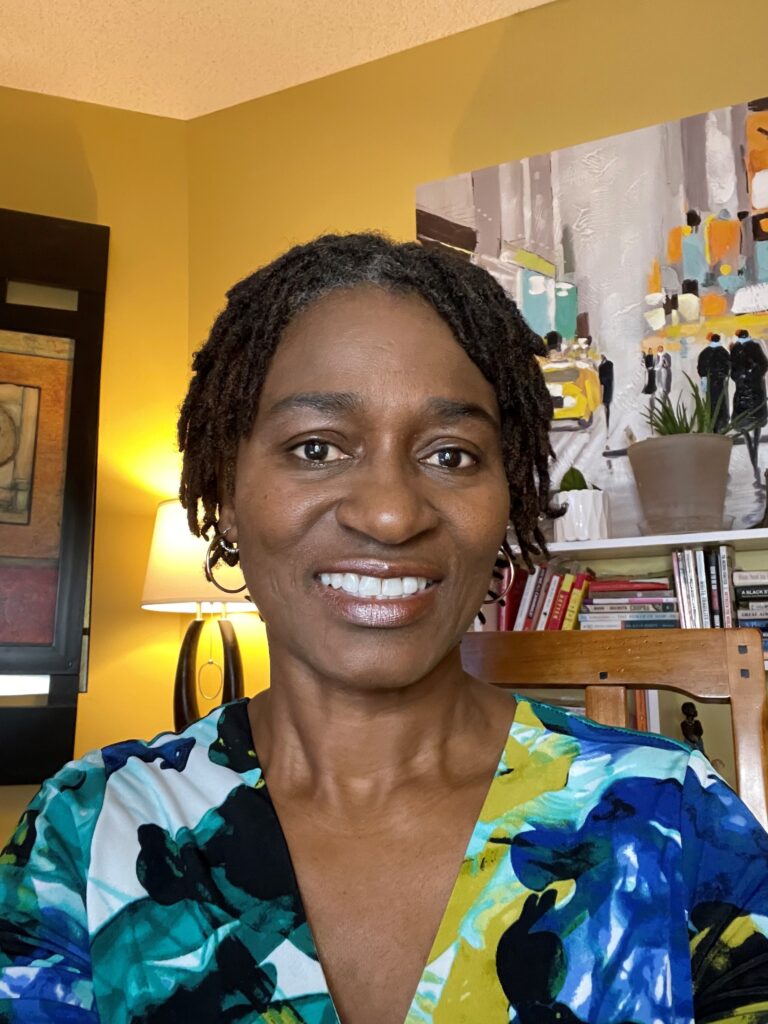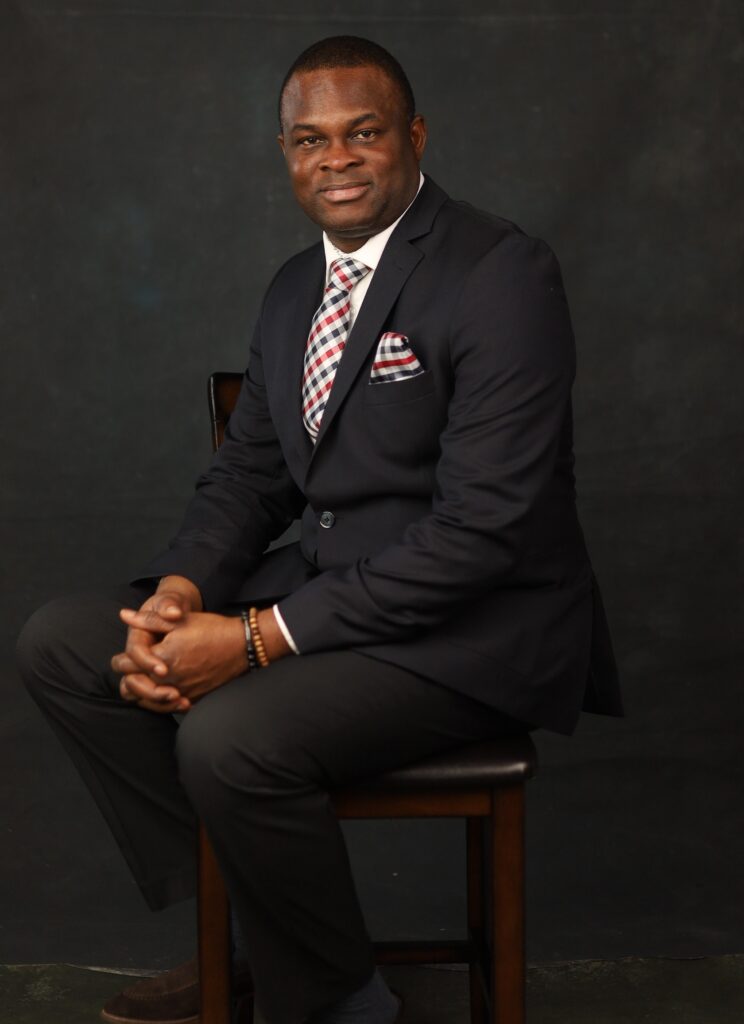Trans Day of Visibility
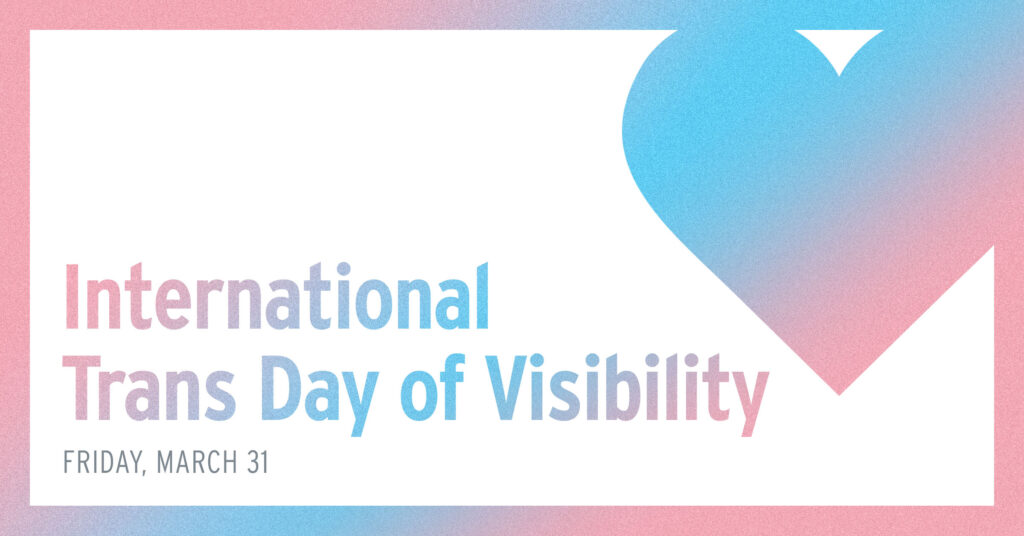
Written By: Justine Hawley, Resource Management Technician, Library and Academic Success Centre, Gender and Sexual Working Group Member
On November 20, 2022, RRC Polytech recognized Transgender Day of Remembrance and highlighted some Canadian icons who have inspired future generations of transgendered individuals to be who they are, and stand up for themselves and their community. We remembered the leaders, the trailblazers and the loved ones we have lost.
Even in the darkest times it is important that we still celebrate the light around us. Did you know that Canada is the first country to collect and publish data on gender diversity from a national census? Or that younger Canadian generations were three-to-seven times more comfortable expressing their identities? Change still needs to continue to happen until equity can be reached. However, the fact that the average life span of someone identifying under this umbrella has risen nearly ten years, is telling us we are marching in the right direction.
Manitoba is a great place to live. Rich in cultural diversity, we have fantastic artists, amazing restaurants, and we didn’t get the title of ‘Friendly Manitoba’ for no reason. Our beautiful province is also home to some amazing Two Spirited, transgender, and non-binary heroes that are continuing to advocate and stand up for trans* rights.
Shandi Strong (she/her/hers)
What can be said about Shandi Strong that hasn’t been said before? She is a pillar for the transgender community in western Canada. In 2016, she was the first openly transgendered person to run for provincial office. She’s been on the board for Winnipeg Pride, Manitobans for Human Rights and Our Own Health Centre. She even led the very first Trans March in Manitoba. It is evident by all the amazing work she’s done and all of her accomplishments that she is a shining star of Manitoba’s trans community. When asked why she loves her trans identity, she said:
“Before transition, I spent most of my life scared and trying to fit in. Finding connections and chosen family within the 2SLGBTQIA+ community finally helped me see myself and my potential. The journey wasn’t easy but because I endured it, I emerged stronger and more confident today than I ever thought possible.”
Feather Talia (he/she/they)
Art comes in many forms and Winnipeg is not lacking in that department. Feather Talia is an example of the drag queen scene in Manitoba. She not only performs fantastic, lively shows but also represents the Two-Spirit (2S) community. Originally, she started her drag career in Regina, SK, before making a home in Winnipeg. She’s works with the Sunshine Bunch through the Sunshine House, a community drop-in and resource centre that focuses on inclusion and harm-reduction. She’s also a member of the very talented group The Bannock Babes. When asked about why she loves her 2S identity and how it’s positively impacted her life, she said:
“I love my 2S identity because it just makes sense. For all my teen years, and some of my early 20s [sic], I was confused about my own personal identity (like most people are) and when I stumbled on the term Two Spirit and doing my own research, something in me just clicked. I do believe I carry Two Spirits within me. One masculine and one feminine. This also helps make me a good storyteller. Being 2S also helps me with my drag persona! It truly makes me the best version of me!”
Kael McKenzie (he/him/his)
Did you know that Manitoba is the home to the very first transgendered judge in Canada? The Honourable Judge Kael McKenzie made his way to the history books in 2015. Not only does he represent the vibrant Métis community, he’s also showing the world that you can be successful and live life as your authentic self. He has a long list of accomplishments such as serving as the Manitoba Chair for the Canadian Bar Association, acting president of the Rainbow Resource Centre and he is a veteran of the Canadian Armed Forces. He’s a husband and a father of two and when asked why he loves his trans* identity he said:
“When I transitioned, I found myself. For the first time in my life, I felt comfortable in my own skin. I cannot imagine being anyone other than I am now. I have immense gratitude that I live in a time in history where I can be who I am and still be able to work in the profession that I love.”
As you can see, there are amazing Manitobans who are the warriors of change, inclusivity and diversity. Their contributions to the transgender community, which they are a part of, are shaping history and shaking up the Cis-tym. We appreciate and applaud them, and all the other people, paving the way to an even more inclusive future in Canada.
Sign a Heart in Support of Trans Rights
On Friday, March 31, 2023, you’re invited to join us in The Spectrum (Located on the Mall Level of the Notre Dame Campus) to celebrate Transgender Day of Visibility from 11:00 a.m. to 1:00 p.m. by signing a heart to show your support, and enjoy some tasty treats.
If you or anyone you know is in crisis, contact one of these supports for transgender-specific guidance:
Resources:
- Gender and Sexual Diversity Guide
- Gender Diversity and Inclusion Statistics Hub (Statistics Canada)
- Honoring Trans Awareness Week and Transgender Day of Awareness (Human Rights Campaign)
- Egale: Preparing Students for the Transition of a Trans or Gender Diverse Person
- Egale: Draw The Line – Against Transphobic Violence in Schools and Supplement Resources
- Gender and Sexual Diversity Working Group: join the group
If you have any questions or comments, please email us at diversity@rrc.ca.
